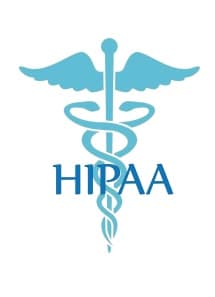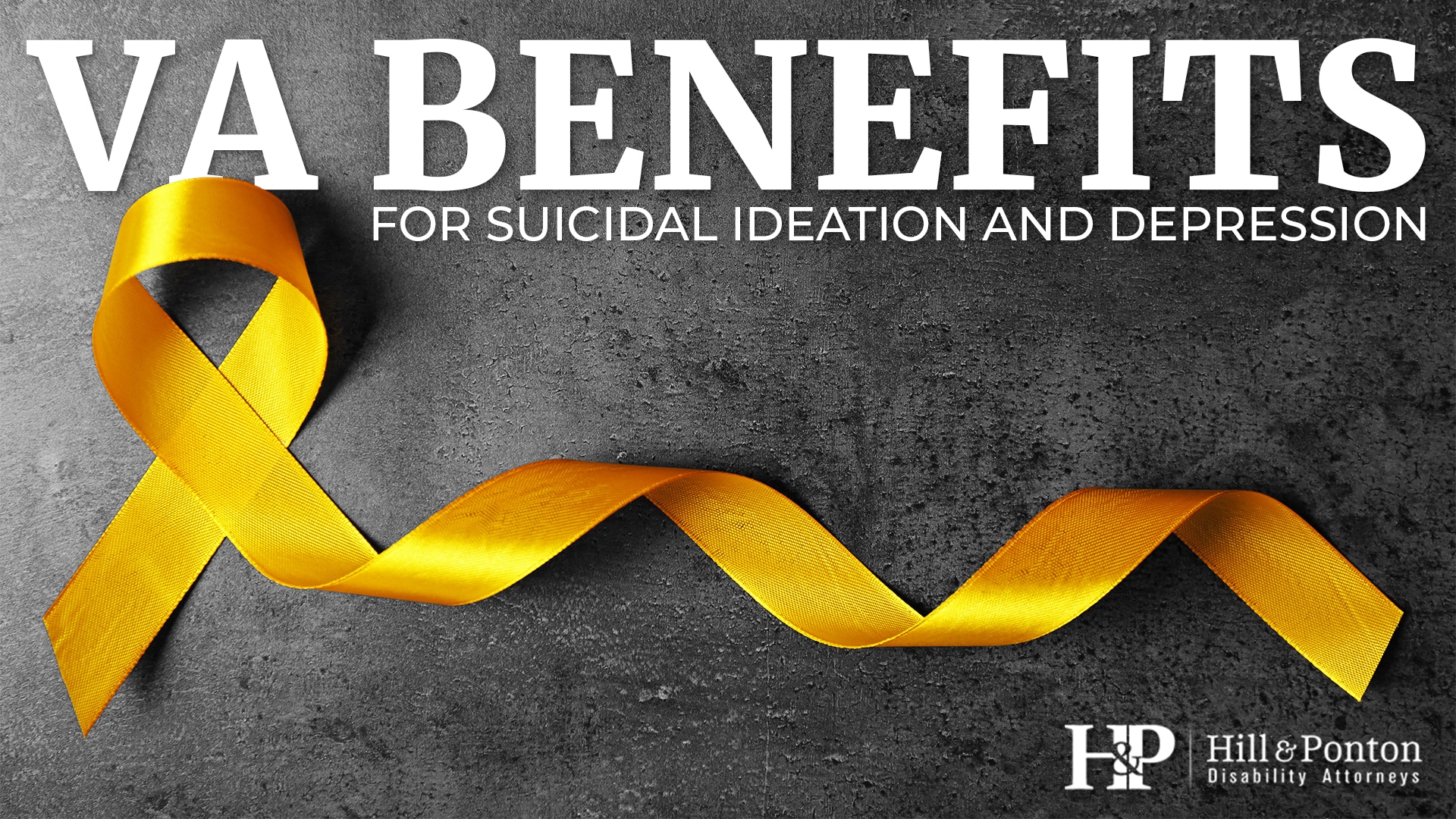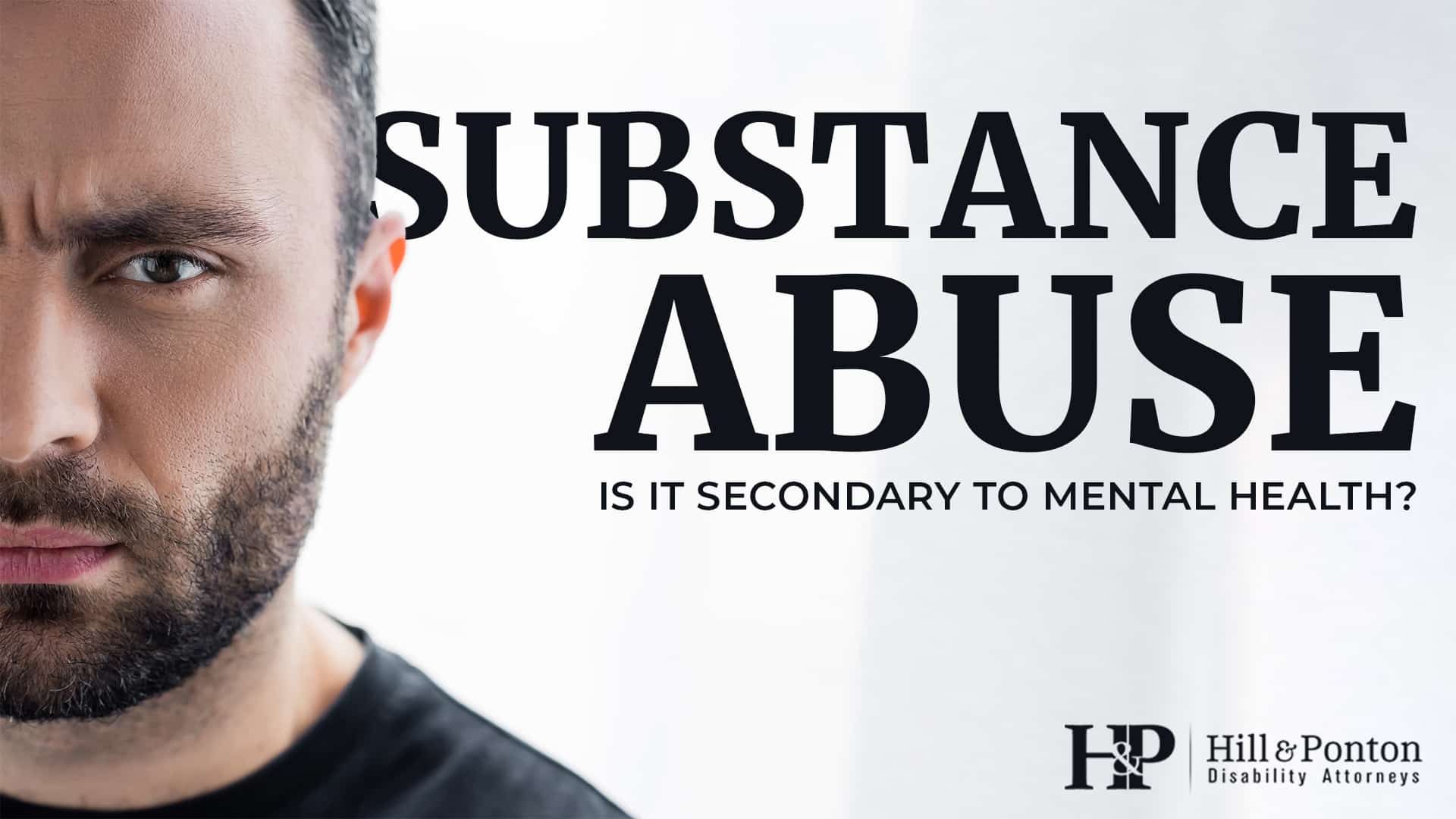Suicide is a huge issue among veteran service agencies, including the VA Healthcare system. There are numerous initiatives among the VA, the government, and non-profit agencies across the country to reduce and eliminate the crisis causing veterans to commit suicide at the rate of 20 per day. One of the problems is a lack of treatment for veterans who are experiencing mental health issues and the stigmas that arise from requesting treatment. One of the fears we hear about often is the fear of having their firearms removed if they seek help.
The disclaimer for this article is that I do not like firearms. My stepfather was a Navy veteran who committed suicide. I have no desire to see more veterans lose their life, but I also believe that people have the right to own firearms if they choose. Our priority is ensuring veterans are aware of the processes and facts they need to know to ensure they receive their benefits and proper healthcare.
This article is based on federal regulations and clinical ethics, state laws may vary.
Who is Not Allowed to Possess a Firearm?
 First, define who is legally not allowed to own a gun? The following persons are not allowed to possess a firearm in the United States:
First, define who is legally not allowed to own a gun? The following persons are not allowed to possess a firearm in the United States:
- People convicted of or under indictment for a crime punishable by imprisonment of more than of year;
- Is a fugitive from justice;
- Is an unlawful user of or addicted to a controlled substance;
- Is underage;
- Has been adjudicated as a mental defective or committed to a mental institution;
- Is unlawfully in the US or admitted under a non-immigrant visa;
- Has been dishonorably discharged from the military;
- Has renounced their US citizenship;
- Is subject to a court order restraining him/her from harassing, stalking, or threatening an intimate partner, child, or child of a partner or engaging in other conduct that would place an intimate partner in reasonable fear of bodily injury; or
- Has been convicted of a misdemeanor offense of domestic violence.
Most of these are clear, however, number five needs to be defined for the purpose of this blog. According to the legal definition, what this actually means is that a person who has been considered to be a danger to themselves or others or who lacks the mental capacity to contract or manage their own affairs per the Bureau of Alcohol, Tobacco, Firearms, and Explosives (ATF) regulation 27 C.F.R § 478.11. This also includes persons who have been found insane by a court in a criminal case, persons found incompetent to stand trial, and persons who have been not guilty by reason of lack of mental responsibility. Further, ATF regulations define “committed to a mental institution” as someone who was involuntarily committed.
When Can Medical Personnel Report Gun Ownership of a Veteran?

- When authorized by the patient;
- When required by law, including state law (see above laws);
- For law enforcement purpose in response to a relevant and specific request from a law enforcement official; or
- To prevent or lessen a serious and imminent threat to the health and safety of a person or the public.
In respect to number four, a serious and imminent threat is a bit subjective for our purposes so we will try to define it a bit more. According to Rick Massimino, MD, author of Recovery Model: Mental Health Recovery Model Applied to Severely Mentally Ill, imminent danger is an anticipated danger that is likely to happen, is impending, and is separated by space or time. This means that someone is likely to be a serious threat, but not necessarily in the next few minutes – not immediately, but imminently.
If They Take Away My Gun, Can I Get it Back?
States handle this on a state by state basis, but for the most part, unless a veteran has been committed to psychiatric hospitalization by court order or involuntarily, then yes, they can get their gun(s) back even after disclosing the thought, plan, or intent to commit suicide. Depending on the state, commitment includes mandated outpatient programs, outpatient commitments, or outpatient hospitalization programs. Some states include a minimum length of time that a person must be under a court-ordered commitment before they are no longer allowed to possess a weapon.
If someone voluntarily checks into a psychiatric facility, either inpatient or outpatient, with a few exceptions, they will not be barred from owning weapons. Some states put time limits post-hospitalization, but after that time they can petition to get any confiscated weapons returned. Something we have learned from the unfortunately too frequent shootings and suicides in our country, hospitalization is not a precursor to using a weapon against yourself or someone else. In fact, most people with define mental illness never use a weapon or become violent.
Another way that guns could be taken away in the past was a regulation that allowed those who had a fiduciary appointed, such as those on Social Security Disability for mental health condition who had payees assigned to manage their financial affairs. It had been determined that if they were unable to manage their finances, they would be unable to manage the safe ownership of a weapon. However, this regulation, proposed at the federal level and took effect in December 2016, was overturned by the new administration in February 2017, a mere two months after it was signed into law.
Determining Imminent Risk
How does a clinician determine if someone is an imminent risk? There are very specific assessments that clinicians use to determine if someone is a risk, they just cannot just say they think someone is a high risk of suicide or homicide and report them. They have to have evidence to back up their theory or they are violating the veteran’s civil rights. Ethically, there are very fine lines between the veteran’s rights and the clinician’s duty to report or provide any involuntary treatment. Sometimes it is very difficult for clinicians if they are aware of the danger signs in a veteran but have no hard evidence to utilize to get the help that can stop what they see as a detrimental course of events in that veteran’s future. But, ethically, often they must stand aside and allow that destructive course of events transpire before actions force treatment. Clinicians do not like to watch self-destruction, but they are ethically bound by their occupational oaths to assess risk by the standards set forth and abide by the results.

- Does the veteran have thoughts that their/the other person’s life is not worth living;
- Do they have plans of how they would end their/the other person’s life;
- Do they have access to fulfill those plans;
- Do they have reasons not to fulfill those plans, have they attempted to end their lives in the past, and;
- How do they think their loved ones would react if they completed the act?
The difference between “fleeting thoughts” and “with intent and plan” suicide risk is a great one in reference to reporting of firearms to authorities. If someone is deemed by their clinician to be an imminent risk of suicide or homicide because they have an “intent and plan” to commit suicide or homicide, they are ethically and legally bound to report them to the authorities and to disclose if they own firearms. This is not because the clinician wants to violate the veteran’s second amendment rights, it is because the clinician wants the veteran to stay alive…..period. If a veteran discloses that they are having suicidal thoughts on a regular basis but really don’t have a plan or have protective factors such as making statements like, “I would never leave my children,” or “I could never actually go through with that,” then these are considered fleeting thoughts and are usually not considered imminent and severe.
Why Do I Need to Disclose if I am Having Suicidal Thoughts?

Finally, remember, there are two worst-case scenarios for disclosing at a psychiatric exam that you have firearms and have suicidal thoughts. The first is that your firearms are temporarily removed. The second is that you permanently are. Please let it be your firearms, you can get those back….



